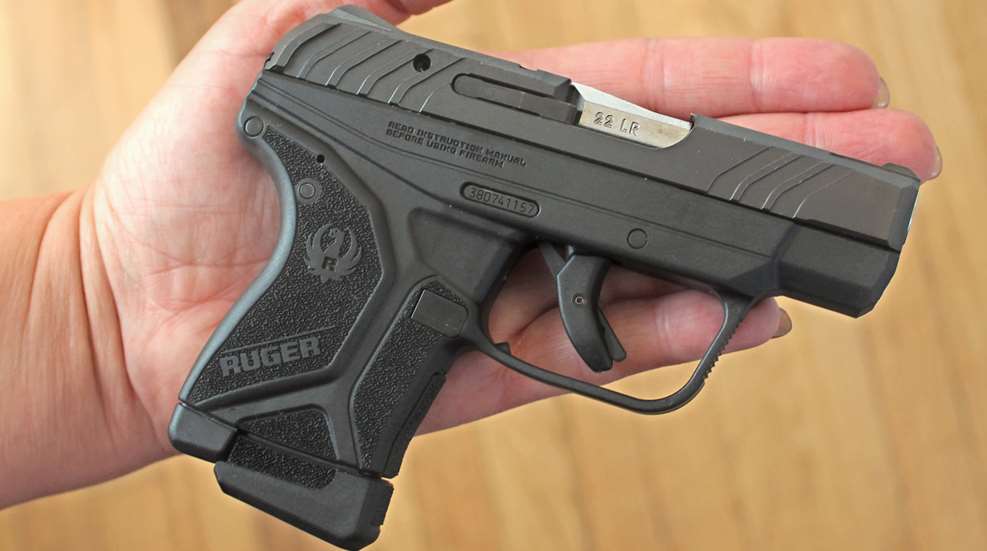
The Ethical Consideration of Pistols in the Outdoors

The use of pistols in the outdoors stirs a complex web of ethical considerations, blending elements of safety, conservation, and respect for wildlife and fellow humans. As outdoor enthusiasts, hunters, and conservationists seek harmony with nature, the decision to carry a firearm into the wilderness is not taken lightly. Here we discuss the multifaceted ethical landscape of bringing pistols into the outdoors, aiming to provide a balanced perspective on this contentious issue.
The Argument for Safety
For many, the primary motivation for carrying a pistol in the outdoors is personal safety. In remote areas where help is not immediately accessible, a firearm can provide a sense of security against potential threats, be they human or animal. Encounters with aggressive wildlife, such as bears or mountain lions, though rare, do happen, and a pistol can serve as a last resort in life-threatening situations.
However, the ethical use of pistols for safety hinges on responsible gun ownership. This includes comprehensive training in firearm safety, understanding the legal implications of using a firearm in self-defense, and recognizing the importance of non-lethal deterrents as the first line of defense against wildlife encounters. Responsible gun owners advocate for the use of bear spray, noise-making devices, and other non-lethal means to prevent dangerous encounters with wildlife, reserving the use of a firearm as a last resort.
One firearm that has gained attention among outdoor enthusiasts for its lightweight design and high-capacity magazine is the Kel Tec PMR 30. It’s important for owners of such firearms to practice stringent safety measures and consider the ethical implications of carrying in the wilderness.
Conservation and Environmental Impact
The impact of firearms on conservation and the environment is a significant ethical consideration. Responsible outdoor enthusiasts recognize the importance of conservation efforts to preserve natural habitats and wildlife populations. The decision to carry a pistol in the outdoors must be weighed against the potential for disrupting wildlife and impacting ecological balance.
Hunting, when regulated and conducted ethically, can be a tool for conservation, helping to manage wildlife populations and fund habitat protection efforts. However, the indiscriminate use of firearms, including pistols, can lead to poaching and illegal hunting, undermining conservation efforts and threatening endangered species.
The use of lead ammunition is another environmental concern, as it poses a risk to wildlife through lead poisoning. Ethical considerations extend to the choice of ammunition, with a growing number of outdoor enthusiasts opting for non-lead alternatives to minimize environmental impact.
Respect for Wildlife and Fellow Humans
At the heart of the ethical consideration of pistols in the outdoors is a deep respect for wildlife and fellow humans. The wilderness is a shared space, home to countless species and a place of recreation for people with diverse interests. The presence of firearms in the outdoors can create a sense of unease and conflict among outdoor enthusiasts who may not feel comfortable around guns.
The ethical use of pistols in the outdoors demands a conscious effort to minimize disturbance to wildlife and respect the experiences of others. This includes being mindful of the noise and presence that firearms introduce into natural settings, as well as engaging in open and respectful dialogue with fellow outdoor enthusiasts about the use of firearms in shared spaces.
Navigating the Ethical Landscape
Navigating the ethical considerations of pistols in the outdoors requires a balanced approach, informed by education, training, and a commitment to conservation and respect for all life. It involves:
- Education and Training: Acquiring comprehensive firearm safety training and education on wildlife behavior to make informed decisions about when and how to use a pistol in the outdoors.
- Legal and Ethical Hunting Practices: Adhering to regulations and ethical guidelines for hunting, including the use of non-lead ammunition and respect for wildlife conservation efforts.
- Non-lethal Deterrents: Prioritizing non-lethal methods for deterring wildlife, reserving the use of firearms for situations where no other options are viable.
- Respect for Shared Spaces: Recognizing the wilderness as a shared space and engaging in respectful dialogue with others about the presence and use of firearms.
Conclusion:
The ethical consideration of pistols in the outdoors is not a black-and-white issue but a complex interplay of safety, conservation, and respect. By approaching this topic with a balanced perspective, informed by responsible gun ownership, environmental stewardship, and a commitment to coexisting peacefully with wildlife and fellow humans, individuals can navigate the ethical landscape of firearms in the wilderness with integrity and respect for the natural world.
